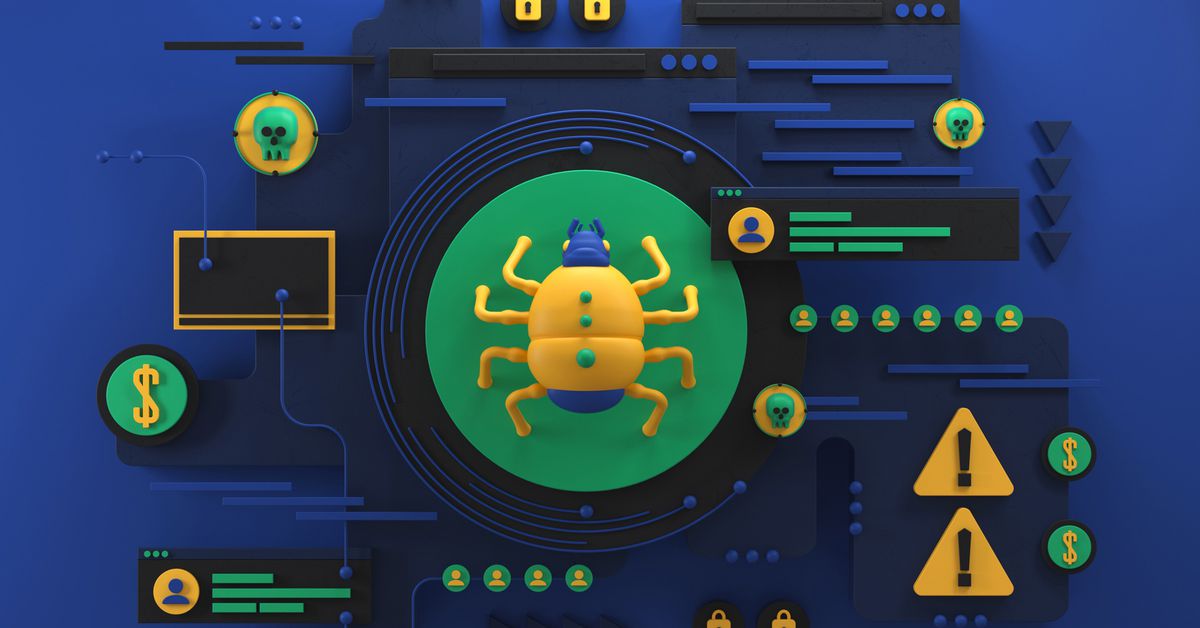I would imagine very little will survive, just as we have very little of what the Romans or medieval Eurasians ever wrote down.
Digital records present a new challenge but all materials break down, digital hardware just break down faster than a lot of other kinds of materials. It's very easy to copy digital records, which is ultimately how we still have ancient writings; they've been copied over and over labouriously by scribes and translators over the centuries. Of course digital copying is very error prone due to file corruptions, formats not being supported anymore, etc, but if you really want to preserve something you should probably check that it's been copied correctly.
As for which records or works will still be available in 500 or 1000 years, a lot of it is just down to luck, but also anything with a large obsessive fanbase and intergenerational appeal has a better chance of being preserved. I struggle to think of an example though.
I remember an episode of
Highlander, in which Methos and Duncan are browsing through an antique shop. Methos picks up a ceramic whatsit, and says something to the effect of how things considered rare and valuable now were once the equivalent of mass-produced stuff that everyone had, so they were really cheap and not valuable at all (Methos is the oldest Immortal, who's lived around 5000 years).
I sincerely hope that the future doesn't think it's the mass-produced crap that becomes rare and valuable.
What that might be? Politicians' speeches. Mass-produced commercial "music" that's not very original and hardly qualifies as music due to the singer's inability to sing and all the shouting and obscenities. To have that preserved instead of orchestral works, folk music, speeches by people who really had something to say that mattered...

Imho. it is not very likely history will "break down", it will be up to each successive generation of historians to keep the archives, but we have continuous, detailed, records since the 19th century or so, birthcertificates, marriage records, property deeds etc.
It should be possible to keep that up for the next few centuries, as long as one history department somewhere exists we should be fine.
Much historical work is still published in written form btw., we still have old fashioned paper libraries too.
These guys are very important in that regard :

www.arch.be
The 19th century is hardly a drop in the historical bucket. I might be curious enough to check out my great-grandparents sometime. The 1911 census records have been available for awhile now, and would be the last time (and first) that information about my paternal great-grandmother would be available (she died in 1919 of Spanish flu). In 1901 she was still in Sweden, so she wouldn't have any Canadian census records.
Paper libraries... there are so many people who wonder why we still have them. They seem to think the sum total of everything worth reading is on Kindle or elsewhere online. I've got a library full of stuff that isn't online at all - only paper editions exist. And even though some of the early Star Trek fanzine stories are being uploaded, most of them haven't been. Of those that have been, the original illustrations haven't been uploaded. That's decades full of artwork that will be lost unless someone preserves the paper copies.
I can appreciate the work the medieval scribes did. One of the basic things people eventually learn in the SCA is calligraphy, via University of Ithra classes. I took part in that back in 1986 or 1987 (don't recall now), in the basement of one of our members who lived a few blocks from where I live now. There were a dozen or so of us, earnestly holding our pens and trying not to spill ink as we learned our alphabets.
Calligraphy is good for anyone wanting to improve their handwriting. You have to really pay attention to how you hold the pen as the nib has to be at a specific angle to form the letters correctly. We didn't do anything as complicated as a scroll, but it was still a challenge. The instructor looked at my work and asked if I'd thought about being a scribe - someone who was tasked with producing the complicated, fancy stuff. I thought it over and decided not to - because while I will immodestly claim to be good, I'm nowhere near as good as I'd have had to be to produce those scrolls. No messes, no misspellings, every letter perfect? I wouldn't have been able to keep up with that. I did produce smaller things that didn't need to be perfect (though I did my best). Feast menus, for instance - someone paid me the compliment of saying he was surprised to find that they were individually hand-lettered, not produced on a printer or photocopier (that was the menu for our Pied Piper feast, as I recall).
So clearly calligraphy has its place in history. Typing is so much easier, even considering I learned on manuals that were really old, like
decades old, even by 1970s standards.
As long as ONE history department exists? Where would it be? What kind of history would it deem important enough to save? Would it be biased or unbiased?
Please consider this: One of the reasons the time when Stephen Harper was Prime Minister of Canada is known as the Dark Decade is because he A. Muzzled scientists and even his own MPs from speaking to the press unless he'd told them what to say; and B. He ordered the literal destruction of decades' worth of information from a natural history/ecology archive. Decades' worth of research was literally thrown in a dumpster and burned. Harper claimed the information had been preserved digitally, but anyone who believes that is welcome to buy the ocean-front property I have in Alberta. He destroyed that information so the environmentalists opposing his plans couldn't use it to compare conditions 50 years previously to the then-present.





